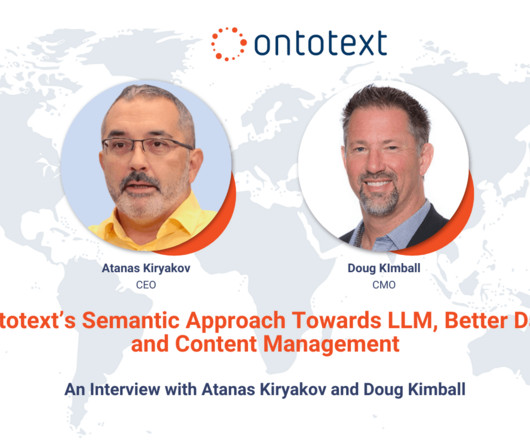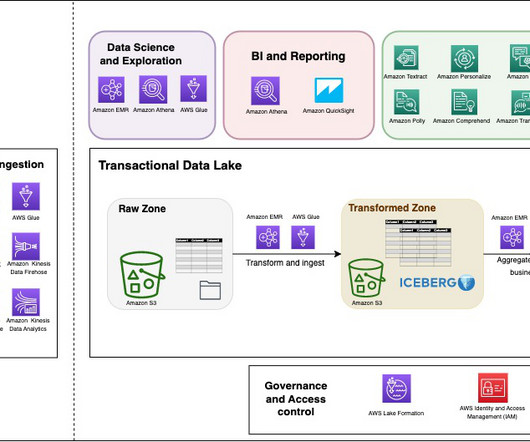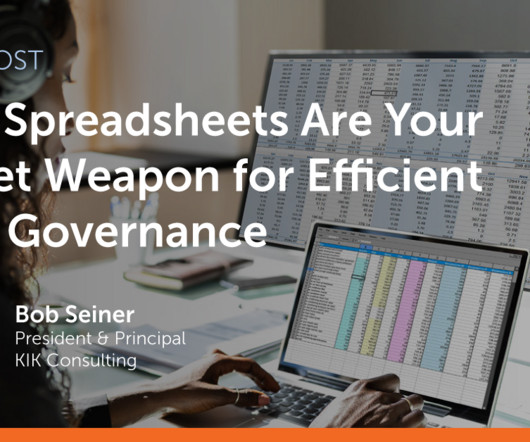Do I Need a Data Catalog?
erwin
JUNE 26, 2020
The data catalog is a searchable asset that enables all data – including even formerly siloed tribal knowledge – to be cataloged and more quickly exposed to users for analysis. Three Types of Metadata in a Data Catalog. Technical Metadata. Operational Metadata. for analysis and integration purposes).



















Let's personalize your content